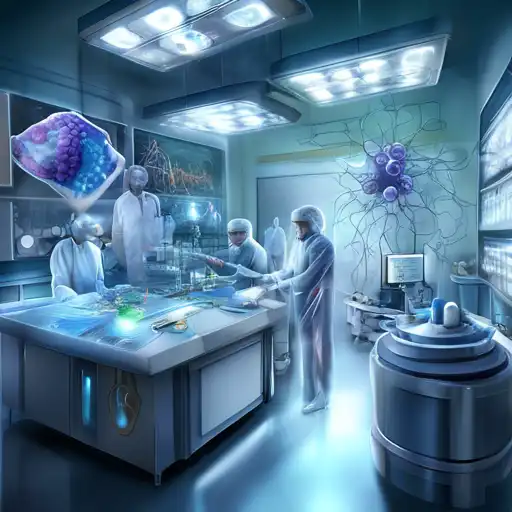Introduction to Nanotechnology in Medicine
Nanotechnology, the science of manipulating matter at the atomic and molecular scale, is set to revolutionize the medical field. With its ability to operate at the same scale as biological molecules, nanotechnology offers unprecedented opportunities for diagnosis, treatment, and prevention of diseases. This article explores the groundbreaking advancements and potential of nanotechnology in medicine.
The Promise of Nanotechnology in Healthcare
Nanotechnology in medicine, often referred to as nanomedicine, involves the use of nanoparticles to deliver drugs, heat, light, or other substances to specific cells in the body. This precision targeting minimizes damage to healthy cells and maximizes the therapeutic effects. From cancer treatment to regenerative medicine, the applications are vast and transformative.
Targeted Drug Delivery
One of the most promising applications of nanotechnology is in the field of targeted drug delivery. Nanoparticles can be engineered to seek out and bind to specific cells, such as cancer cells, delivering medication directly to the affected area. This not only increases the efficacy of the treatment but also reduces side effects.
Diagnostic Advances
Nanotechnology is also revolutionizing diagnostic procedures. Nanosensors can detect diseases at their earliest stages, often before symptoms appear. This early detection is crucial for conditions like cancer, where early intervention can significantly improve outcomes.
Challenges and Ethical Considerations
Despite its potential, the integration of nanotechnology into medicine is not without challenges. Issues such as toxicity, long-term effects, and ethical concerns must be addressed. However, with ongoing research and development, these hurdles are being overcome, paving the way for safer and more effective nanomedical applications.
The Future of Nanotechnology in Medicine
The future of nanotechnology in medicine is bright, with research focusing on personalized medicine, where treatments are tailored to the individual's genetic makeup. This could lead to more effective and less invasive treatments for a wide range of conditions.
Regenerative Medicine
Nanotechnology is playing a key role in regenerative medicine, offering new ways to repair or replace damaged tissues and organs. From nanofibers that support tissue growth to nanoparticles that stimulate cell regeneration, the possibilities are endless.
Combating Antibiotic Resistance
Another exciting application is in the fight against antibiotic-resistant bacteria. Nanoparticles can be designed to target and destroy resistant bacteria, offering a new weapon in this global health crisis.
Conclusion
Nanotechnology in medicine represents a frontier of medical science, with the potential to transform healthcare as we know it. From targeted drug delivery to early disease detection and beyond, the applications are as diverse as they are revolutionary. As research continues to advance, the promise of nanotechnology in medicine is only beginning to be realized.
